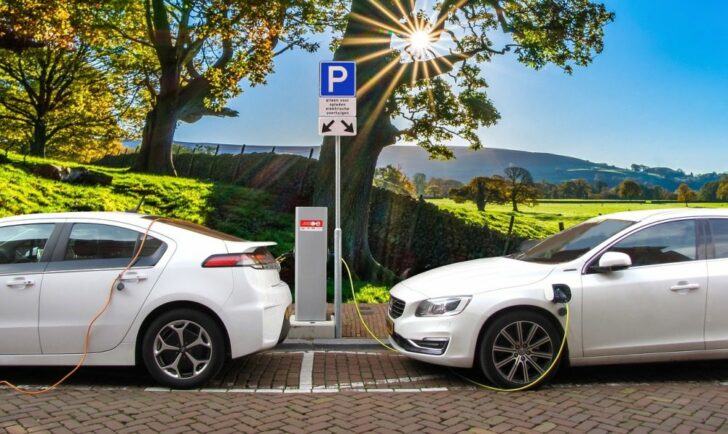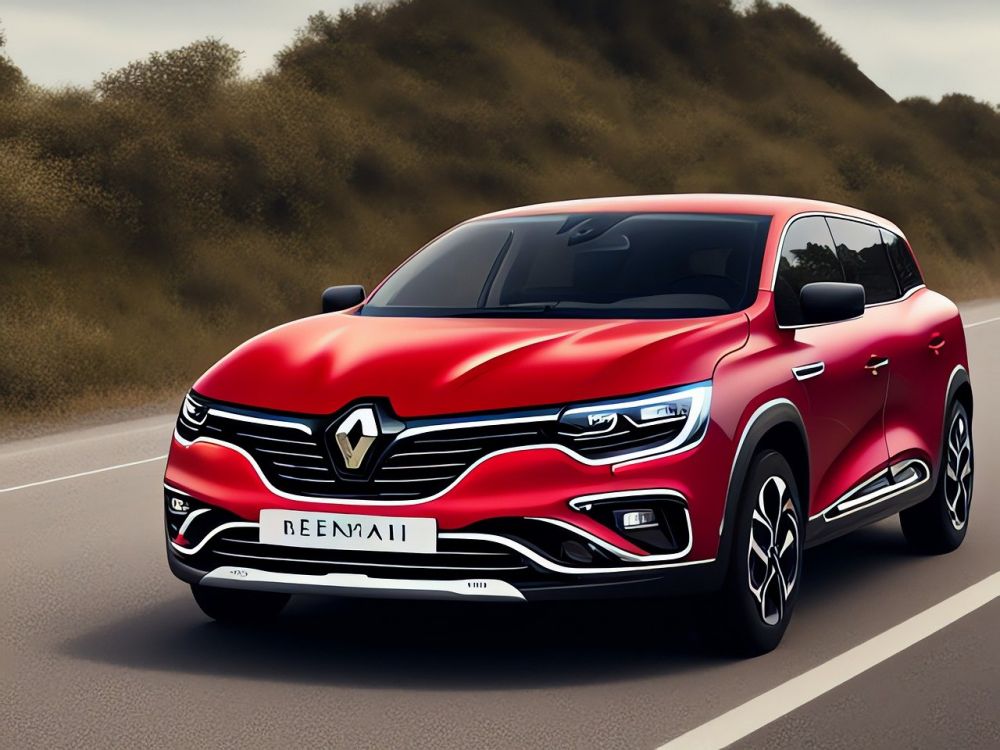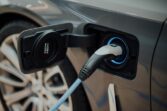Vad kostar det att ladda en hybridbil

Introduction:
Hybrid cars have gained immense popularity in recent years due to their environmentally friendly nature and improved fuel efficiency. One of the main advantages of owning a hybrid car is the reduced fuel costs, especially when the electric component of the hybrid vehicle is taken advantage of. In this article, we will take a comprehensive look at the costs associated with charging a hybrid car, exploring different types of charging, popular hybrid models, and how the costs vary. Additionally, we will delve into the historical evolution of charging costs and discuss the crucial factors that car enthusiasts consider when making a purchasing decision.
Section 1: An overview of charging costs for hybrid cars

Charging a hybrid car involves replenishing the electric component of the vehicle’s battery. This can be done through different types of charging stations, including home charging, workplace charging, and public charging stations. Home charging is the most convenient and cost-effective option, allowing owners to charge their vehicles overnight. Workplace charging provides an additional option for hybrid car owners to recharge their vehicles while they are at work. Public charging stations are available in various locations and offer a means for hybrid car owners to charge their vehicles when they are away from home or work.
Section 2: A detailed presentation of charging options and popular hybrid models
There are several types of hybrid vehicles available in the market, such as plug-in hybrids and mild hybrids. Plug-in hybrids have a larger battery capacity and can be charged using an external electric power source, allowing them to operate solely on electric power for a significant distance. Mild hybrids, on the other hand, have smaller battery capacities and rely more on regenerative braking to recharge their batteries. Popular hybrid models include the Toyota Prius, Honda Insight, and Ford Fusion Hybrid. These models are well-known for their fuel efficiency and affordable cost of ownership.
Section 3: Quantitative measurements of charging costs
To provide a better understanding of the costs associated with charging a hybrid car, it is essential to examine the quantitative measurements. These measurements include the cost per kilowatt-hour, average mileage per charge, and overall electricity consumption. By analyzing these figures, hybrid car owners can estimate the monthly and annual costs of charging their vehicles, allowing them to make informed decisions about their driving and charging habits.
Section 4: Discussion on the variations in charging costs
Charging costs for hybrid cars vary depending on various factors such as electricity rates, charging infrastructure availability, and driving habits. Different regions may have different electricity rates, leading to disparities in charging costs. Additionally, the availability of charging infrastructure can impact the convenience and accessibility of charging, thus affecting the overall costs. Lastly, driving habits, such as the frequency and distance of driving, can influence the amount of charging required and subsequently impact charging costs.
Section 5: Historical overview of the advantages and disadvantages of charging costs
Over the years, the advantages and disadvantages of charging costs for hybrid cars have evolved. Initially, the high cost of charging infrastructure and limited availability hindered the widespread adoption of hybrid vehicles. However, technological advancements and government incentives have resolved these issues, making charging more accessible and affordable. This section will explore the historical progression of charging costs, highlighting the improvements and challenges faced by hybrid car owners.
Section 6: Focus on crucial decision factors for car enthusiasts
When it comes to purchasing a car, car enthusiasts consider various factors. For hybrid car owners, charging infrastructure availability, charging costs, vehicle performance, and environmental impact are among the essential factors. This section will delve into each factor, discussing its significance and the impact it has on car enthusiasts’ decision-making process.
Conclusion:
Charging a hybrid car presents a cost-saving opportunity for car owners, with various charging options and models available. By considering the different charging costs, variations, and historical perspectives, car enthusiasts can make informed decisions when purchasing a hybrid vehicle. As technology continues to advance and governments invest in charging infrastructure, the future of charging costs for hybrid cars appears promising.
[INSERT VIDEO HERE]
Overall, charging a hybrid car offers financial benefits and contributes to a greener environment. By understanding the costs and factors involved, car enthusiasts can confidently embrace hybrid technology and drive towards a sustainable future.
FAQ
What are the different types of charging options for hybrid cars?
How do charging costs for hybrid cars vary?
What factors should car enthusiasts consider when purchasing a hybrid car?
Fler nyheter
Taxi i Östersund: En bekväm och pålitlig transportlösning
Introduction: Hybrid cars have gained immense popularity in recent years due to their environmentally friendly nature and improved fuel efficiency. One of the main advantages of owning a hybrid car is the reduced fuel costs, especially when the elect...
02 juli 2025
Utforska möjligheterna med cyklar i Visby
Introduction: Hybrid cars have gained immense popularity in recent years due to their environmentally friendly nature and improved fuel efficiency. One of the main advantages of owning a hybrid car is the reduced fuel costs, especially when the elect...
01 juli 2025
Bilverkstad i Umeå: Allt du behöver veta om bilservice i Norrlands hjärta
Introduction: Hybrid cars have gained immense popularity in recent years due to their environmentally friendly nature and improved fuel efficiency. One of the main advantages of owning a hybrid car is the reduced fuel costs, especially when the elect...
30 juni 2025
Bilverkstad i Göteborg: Så fungerar bilservice och reparationer
Introduction: Hybrid cars have gained immense popularity in recent years due to their environmentally friendly nature and improved fuel efficiency. One of the main advantages of owning a hybrid car is the reduced fuel costs, especially when the elect...
12 juni 2025











